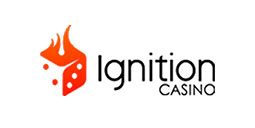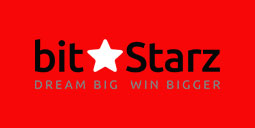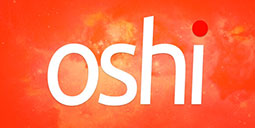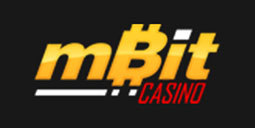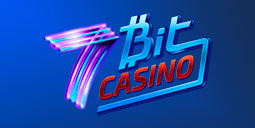Deep-Sea Treasure Hunting the Blockchain
With all the recoveries, PO8 first pays the authorities, insurers and foundations that their cut of the booty. From there, the organization sells 50% of those artifacts onto its open auction platform. The other 50 percent remains with the foundation to be utilised in educational programs and traveling exhibitions all over the globe.
Just a couple of commercial salvage firms “have the financial capital to afford months, even years and sometimes decades over the high seas in the treasure hunt in the lives,” according to the white paper. “Even for authorities and the nonprofit industry, these high costs make it difficult to become active participants in exploratory excavations. ”
PO8 obtained its salvaging permit from government officials from the Bahamas overdue in 2017. Since the beginning of 2018, the company has focused on the growth of its smart contracts and wallet. Beginning in the third quarter of the calendar year, the crowdsource first coin offering begins with registration most likely to start in earlyto mid-August, Vasquez told Bitcoin Magazine.
“Folks, as opposed to corporations and authorities, will play an vital function in the conservation, conservation, exhibition and ownership of these artifacts,” a white paper on the PO8 site states. “Decentralization of the sector will allow a lot more to participate in the expertise and bear witness to background encapsulated underwater for centuries. What was once only available to a few are now shared with eager enthusiasts all over the world. ”
Later this season, PO8 will be rolling out the PAZAR marketplace where customers can purchase, sell, auction, rent, trade and manage the tokens. Land-based undersea explorers will also have the ability to contribute to the hunt with PO8’s DApp Maritime Artifact Data System (MADS), that serves in large data analysis around satellite images, sonar, image and video, perceptible and historical data. In exchange for their MADS efforts, contributors earn NTFs when users already hold PO8 tokens inside their pocket for a demonstration of proof of stake in the system.
“To me PO8 is easily the most exciting project to come along in decades,” Gallo said in a statement. “It encourages the development of new technologies and techniques for undersea exploration and Development. In doing this, PO8 will hasten the ability to locate, record and guard the valuable artifacts of Bahamian undersea ethnic resources. The seas surrounding the islands of the Bahamas are not just rich with shipwrecks but additionally with infinite treasures of the brain. ”
”
Employing a method that tokenizes shipwrecked things discovered on the seafloor, the creators supporting blockchain startup PO8 plan to recreate marine archaeology from the area minus the type of looting, corruption and lack of supervision that led officials together with the commonwealth government to put a halt to expeditions in the area for centuries.
Using an Ethereum-based platform together with ERC-721 token functionality, the PO8 model creates non-fungible tokens (NFTs) — components depending on the collateral value of recovered items. Each NFT utilizes specifically designed smart contracts that are cryptographically certified with unique asset data. Even though NFT ownership is to anybody in the world, the majority of PO8 artifacts remain in the custody of the PO8 Foundation.
Published at Wed, 11 Jul 2018 20:26:25 +0000
Recruiting Experts
PO8’therefore promotion of responsible business salvage includes building a team capable of executing the mission. Most recently, this translates to the addition of David Gallo, also a 30-year oceanography veteran and among the creators of the first comprehensive maps of the RMS Titanic, in the role of vice president for exploration.
Having an estimated $100 billion worth from sunken artifacts in the seas surrounding the Bahamas, life-sized treasure seekers could soon satiate their thirst for a large bounty through blockchain technology.
PO8’therefore model in adhering to responsible salvaging practices convinced the local government officers, as Chief Marketing Officer Raul Vasquez advised Bitcoin Magazine: “Currently PO8 is the only government approved entity using a salvage license to perform any underwater salvaging in territorial seas belonging to the Bahamas. ”
“for instance, let’s say PO8 finds a rare artifact worth millions,” Vasquez clarified. “The physiological artifact would stay under the custody of PO8 for continued study from the archaeology community or to be shown in museums to the public good, although the digital ownership of the NFT can be anywhere around the world. Now, the actual ownership of an asset is dependent on its own NFT. ”
At the crux of PO8 is the establishment of a complementary fix for archaeologists and professors who view high value in preserving shipwreck sites with commercial pursuits looking for a yield on the high-dollar investments required to pull underwater expeditions.
Deep-Sea Treasure Hunting on the Blockchain - July 2025
EXPERTLY REVIEWED
MOBILE FRIENDLY
FAST PAYOUTS
- CasinoRatingBonusVisit Casino
Get your 100% Match Bonus up to $1000!
200% match bonus up to 2000
Up to 5 BTC
100% match bonus + 180 free spins
Get up to 1 BTC on First Deposit!
Welcome bonus up to 1.5BTC + 250 free spins
Get your 5 BTC Welcome Bonus
Top Rated
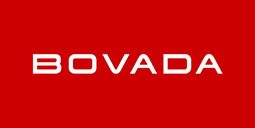
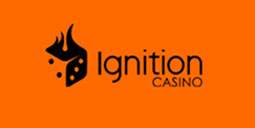

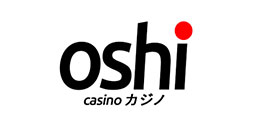
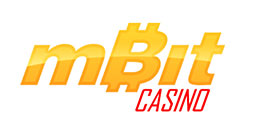
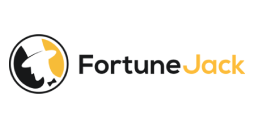
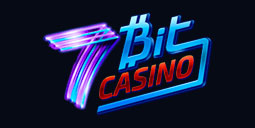
Search
Casino List
- Bovada Casino
- 7bit Casino
- Bitstarz Casino
- Sun Palace Casino
- Ignition Casino
- Tangiers Casino
- Nitrogen Sports Casino
- Casumo Casino
- Fortunejack Casino
- Mars Casino
- Mbit Casino
- Cafe Casino
- Drake Casino
- Grand Fortune Casino
- CryptoReels Casino
- Wild Casino
- Betchain Casino
- Oshi Casino
- Bitcoin Penguin Casino
- Joe Fortune Casino
- Vegas Casino.io


